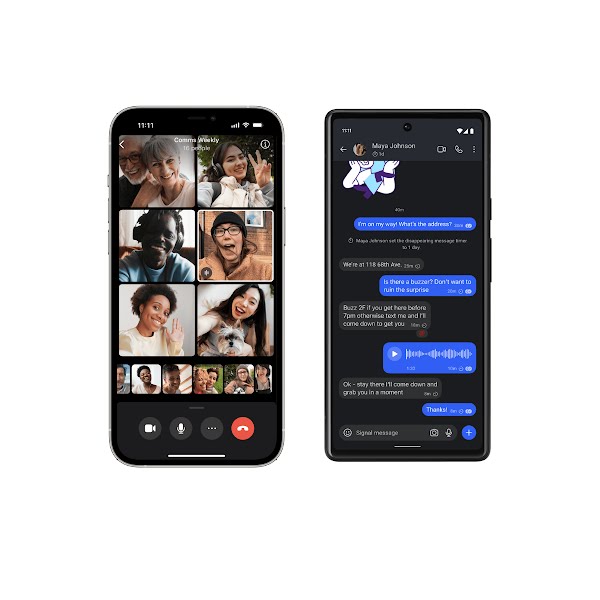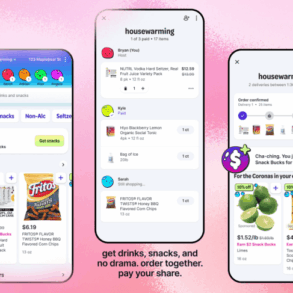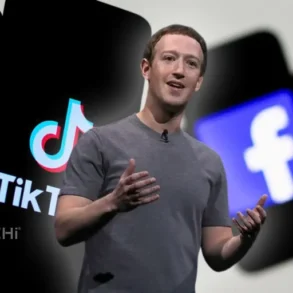For visual creatives: VSCO

If you’re tired of Instagram’s algorithm pushing ads and reels over your friends’ posts, VSCO might be your next digital home. Originally launched as a photo-editing app, VSCO has evolved into a platform where photographers and artists can share their work without the pressures of likes and follower counts. Unlike Instagram, there’s no public comment section, which fosters a quieter, less performative space for creativity. It’s perfect for those who love visual storytelling without engagement anxiety and is a great place to share your life with just your close friends – just ask Gen Z, who are keen users of the app.
For the X refugees: Bluesky

Let’s face it: X is no longer a nice place to be. It’s toxic and, at times, a wholly depressing overview of our world. Meanwhile, with its chaotic rebranding and policy shifts, many of our favourite users have gone on to seek a more stable alternative, and Bluesky has emerged as a strong contender. Created by former Twitter CEO Jack Dorsey, Bluesky aims to decentralise social networking, giving users more control over their feeds and content moderation. Founded in 2019, it has become a niche part of the internet and was once invite-only, but now all you have to do to sign up is head to the Bluesky homepage and click the options to register. It also bears more similarities to Twitter than X, which will please those who miss the good aul days of tweeting.
For private messaging: Signal

WhatsApp may be the world’s most popular messaging app, but its ties to Meta and concerns over data privacy have driven many to seek other ways to communicate with friends, family and work colleagues. Signal is now the top choice for those who prioritise end-to-end encryption and data security. Unlike WhatsApp, Signal does not store or sell user data or metadata, making it a go-to for journalists, activists and just about anyone who values private conversations. Meanwhile, Signal is a nonprofit organisation funded by donations, not ads, and its open-source design allows anyone to inspect the app’s code for vulnerabilities, adding another layer of transparency that most messaging apps can’t match.
For those who want a mix of Instagram and TikTok: Red Note

If you are chronically online, you will have enjoyed many hilarious videos detailing the mass American move from TikTok to Red Note pre-ban (which did not happen). While the Yanks didn’t have to jump ship, they did enjoy a taste of the emerging platform. Red Note combines video and image sharing with e-commerce opportunities for product sales and promotion. The app, owned by Shanghai-based Xingyin Information Technology, has been active since 2013 and is currently valued at $17 billion, according to the Financial Times. Many TikTok users have started exploring Red Note despite its predominantly Mandarin interface and Chinese users have embraced this influx, seeing it as an opportunity to foster greater dialogue and cultural exchange.
For those who want outfit and interior inspiration: Pinterest

Pinterest is a long-standing favourite for a reason. It’s safe from abuse and toxicity and is just a lovely place to enjoy looking at lovely things. Whether you want inspiration for home decor or fashion or even DIY projects and recipes, it is always a must-use tool when you need a spark of creative flow. Unlike traditional social media platforms, Pinterest operates as a visual search engine where users can ‘pin’ images and ideas to curated boards. It fosters a positive, discovery-driven experience without the pressures of follower counts or engagement metrics dominating content visibility. True bliss.
This post was originally published on this site be sure to check out more of their content





